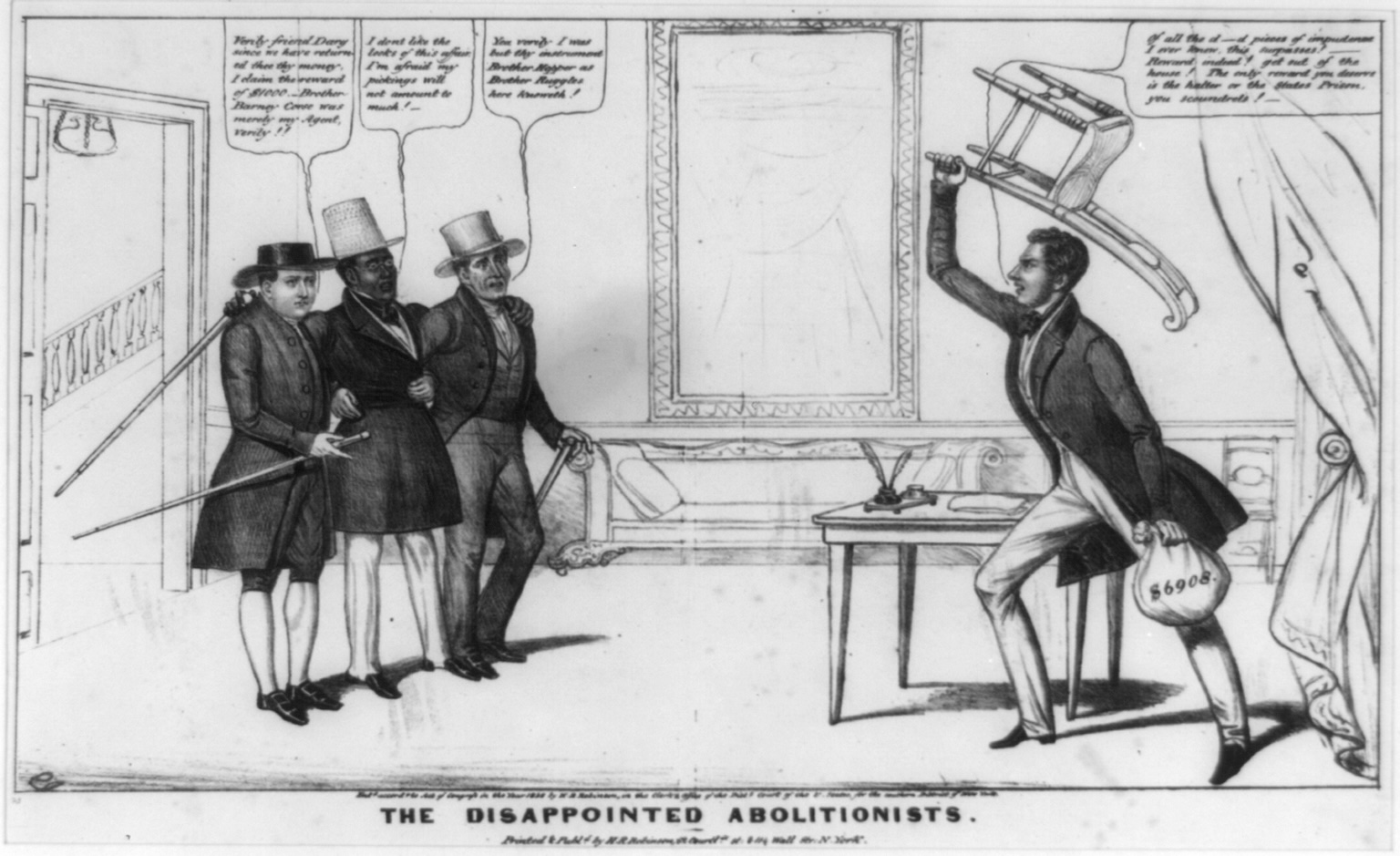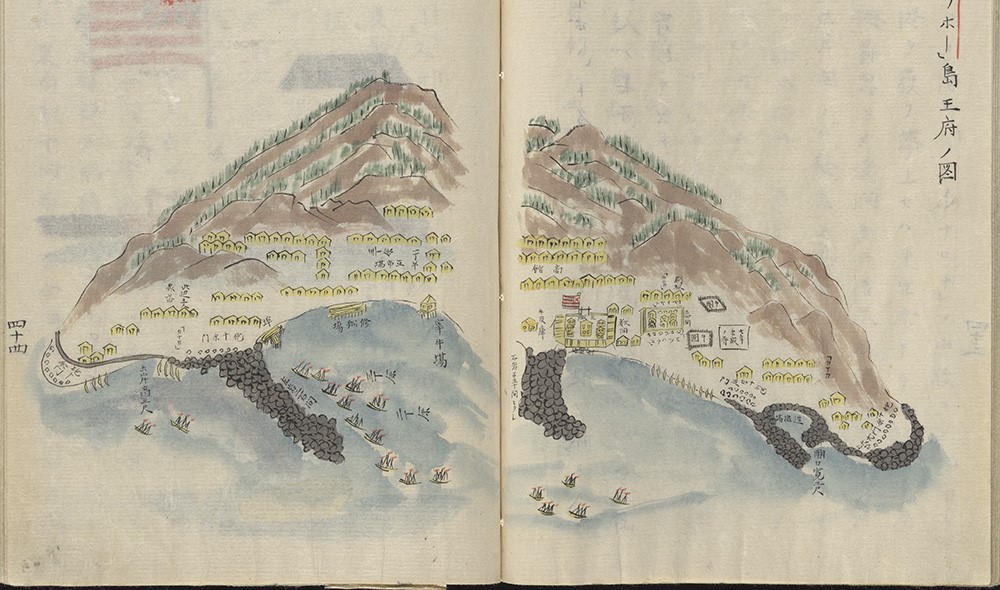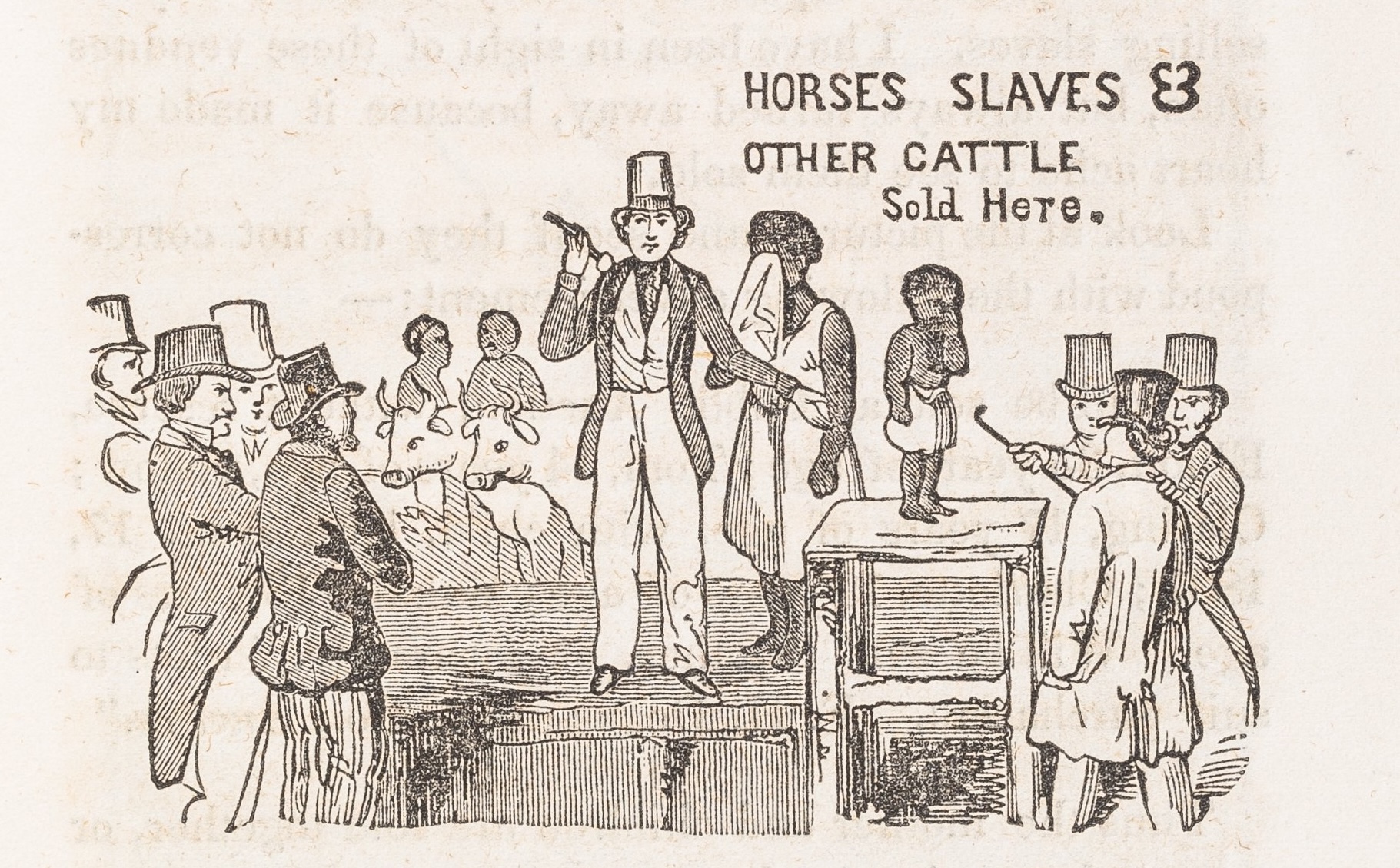Seasons of Misery is a great book. I’d like to begin with that comment because we are not meant to fawn in this colloquy; we are meant to open up questions for discussion. And all of my questions that follow really amount to just this: How do we think about early American legacies today? And should we be thinking about them at all?
Let me open those framing questions with two particular moments. The first comes from the famous preface of Perry Miller’s Errand into the Wilderness, where he dismisses Jamestown for lacking coherence—a settlement that cannot serve his purpose as a point of origin for “America” and therefore gets sidelined for a narrative that begins instead with the Puritans in Boston. Miller, as we all know, sought a clear narrative, a comprehensive and coherent legacy, a way to say that early America laid the foundations for the predicaments and possibilities we have today.
Four decades later, David Shields suggested a different sort of project. In a review of several works, he called for and celebrated scholarship that focused on early America without any desire to move beyond it—scholarship that cared about early America on its own and did not treat it as merely the beginning of a better, more interesting, more aesthetically pleasing and intellectually compelling literature or culture that came later. His review marked a dramatic shift in early American literature. Perhaps it had been building for some time, but around 1990 several scholars began more explicitly detaching early America from longer narratives of American literary history. In particular, scholars separated their subject matter from the question of Americanization. The Puritans had always been the prime culprit here with Errand into the Wilderness, Sacvan Bercovitch’s The Puritan Origins of the American Self, and so on. Such work focused primarily on genealogical narratives: origins mattered because they led to today.
Origins matter in Donegan’s work as well, but in a much different way: not because they lead to something else, but because they so often lead nowhere at all. It was the sixth trip to North Carolina that led to the Lost Colony, and all the other attempts failed as well. In the absence of a story leading from the past to the present, what kind of questions can emerge? For Donegan, the key question is not how settlers became American, but rather how they became colonial. Becoming colonial, Donegan shows, is a process of loss with very little gain; it is the disorientation of no longer being English, but not necessarily the new orientation of being something else either. Donegan dwells in the incoherence of Jamestown because it is precisely that lack of coherence which signaled the new formation of colonial (not American) identity. And in so many cases, the result of so much disorientation and incoherence was a suffering that resulted from, and produced, violence; and a violence that led to further suffering. What we see in Donegan’s book is story after story of bewildering confusion and death.
There are two questions I’d like to raise from this account for further discussion. In separating out those first years of settlement from later representations of them, are we interested in what David Shields celebrates: “an early American literature that does away with genealogy”? Or are we in fact still interested in genealogy, guided into the study by misguided genealogies in order to rewrite the story at its start? The Lost Colony, as Donegan demonstrates, is a nice tale we have come to tell that mythologizes and disembodies the misery of the actual experience, making it palatable for a modern audience. What gets lost in the myth of a Lost Colony is the terror of a people who were abandoned yet again in one more failed English attempt at settlement. The story of a Lost Colony, Donegan explains, “replaces the violence that arose from not knowing with a melancholy arising from loss; it disavows a history of failed colonization through a mystery about wandering off into the woods.” Yet in revealing the function of this legend and its mismatch with experience, Donegan seems motivated, in part, by a desire to unmask the myth.
This approach seems clearest in the chapter on Plymouth, where Donegan adeptly demonstrates the difference between the immediate experience of mortality and later representations of it—the way historians recast pilgrim suffering as a sacrifice paving the way for American society. In showing how pilgrim mortality held little meaning in the process of being experienced—that it had not yet been corralled into significance—Donegan rewrites origins as confusion, but she does so specifically because origins still matter: “What follows is a comparison of two kinds of reckoning with catastrophe: the actual disposition of those physical remains left in the wake of death; and the discursive reckoning with those remains in the writing of the colony’s history.” She does both of these well, but what I want to know is this: Is the first kind of study ever enough without the second? And does it ever proceed without the shadow of the second? Or, are we continually drawn back to questions of origins and genealogy, always hopeful, in spite of ourselves, that we can set the record straight?
The second question I have is blatantly unfair and self-serving. In her survey of four sites, Donegan includes two that Perry Miller and others specifically mention and reject: Jamestown and Plymouth. Meanwhile, she does not discuss the site that so much focuses the attention of Miller, Bercovitch, and—I hope in a much different way—me: Boston. Which leads me to this question: Was Boston different? Was it an exception to the general rule of settlement and the general process of becoming colonial? Or did it follow the same patterns? Seasons of Misery in many ways successfully overturns false celebrations of English settlers—showing the way, for example, that later histories portray pilgrim sacrifice as the beginning of something (the seeds of American society), while treating Native American deaths as the end of something. But in reading such accounts I began to wonder if this book made its point so well about its four chosen “chaos zones” that, in an odd way, it justified the choice of Miller and others to start with Boston, to see Boston as a unique kind of origin with potentially different results and ramifications—a place, in short, that was not quite so chaotic.
Almost all scholars today turn away from theses of Puritan origins, and we do not want to re-venture large-scale claims linking Puritans to the whole of American culture or treating them as an exception to general rules. We know the dangers of exceptionalism all too well. But this question about Boston raises a different sort of query: is there a middle ground between an early American literature detached from later American histories and the Miller-Bercovitch-Puritan-origins exceptionalism so largely now debunked? Can we write new genealogical narratives that take the initial incoherences of colonial identity and trace them forward? To put it differently: does becoming colonial tell us, in the end, anything about becoming “American”? It would seem that early America must have some connection to later formations of American self-conceptions, American cultures, and American literatures. And in fact, scholars in Native American studies often now emphasize continuity, the continuing presence—the long links—between then and now, precisely to overturn a prior generation’s use of termination narratives to confine Indians solely in the past. Are we now confining European settlers and their cultures to the past? And should we?
Perhaps we still need to resist the pull of genealogical work and set aside questions of “Americanization” as things inherently misguided and morally dubious. But I am not so sure. Over the last two decades we have passed through a positive period—where scholars reasserted the significance of early American literatures and cultures in their own right; now, perhaps, we may want to find new ways of writing long stories that link early American literatures to later traditions of American literary history. After all, I’d suggest, those longer narratives are seemingly always implied—seemingly always in the background—even when a good book like Donegan’s focuses so acutely and perceptively on the first, flawed, incoherent experiences of English settlers.
This article originally appeared in issue 15.2 (Winter, 2015).



















